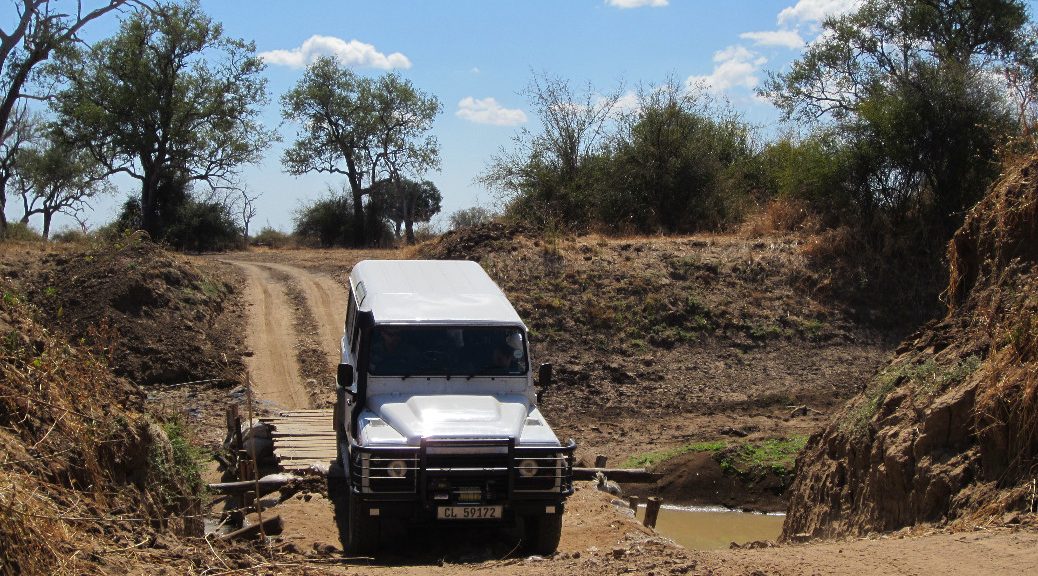The Tracks4Africa Overlanding Challenge was a trip down memory lane – and a peek inside your way of travelling Africa. You told us about your favourite overlanding destinations, most useful tools, campsite secrets and more. Because nothing beats first-hand knowledge, we delved into your answers for some useful lessons.
It was that famous expeditioner, Julius Caesar, who said: “Experience is the best teacher.” We couldn’t agree more. After all, that’s why Tracks4Africa came into being in the first place. It was set up so that overlanders could benefit from each other’s hard-earned experience. Thanks to all the Tracks4Africa travellers who share their data points, nobody has to wonder just how long the road between Chirundu and Mazabuka takes.
It’s also why we loved hearing your answers to our T4A Overlanding Challenge. We couldn’t help but be impressed by the distances you tackled, whether Maun to Durban in 24 hours to see the sea (Maddie Lawrence) or Cape to Cairo on a bicycle (Johan Joubert). Spare a thought for T4A traveller Ken McLuckie who’s covered over 33,000km on his current trip, but has been cooling his heels in Nairobi for the past 22 weeks because of Covid-19.
Your responses to the #t4achallenge gave us insight into places to visit, routes to seek out and gear to pack. Here are some of the lessons we learnt.
Where to next?
If you’re looking for a bucket list of Africa’s unmissable destinations, look no further. For T4A travellers the most thrilling places to visit are Mana Pools, the Okavango Delta and Lake Kariba. These are iconic African destinations, the type of special places that deeply touch your soul, as Tracks4Africa co-founder Johann Groenewald says of Mana.
In general, Botswana and Namibia remain your overlanding favourites for their landscapes, wildlife and sense of freedom. And photographers can’t get enough of Namibia’s Deadvlei and Sossusvlei. But overlanders are also falling in love with Uganda and Zambia, so find space for these countries on your itinerary.
If you’re looking for lesser-known gems, check out these recommendations from other overlanders: Chimanimani Mountains on the border of Zimbabwe and Mozambique, Sudan’s Meroë Pyramids and Zimbabwe’s Vumba Mountains.
Lesson learnt: Lockdown can’t finish soon enough, there’s lots to see!
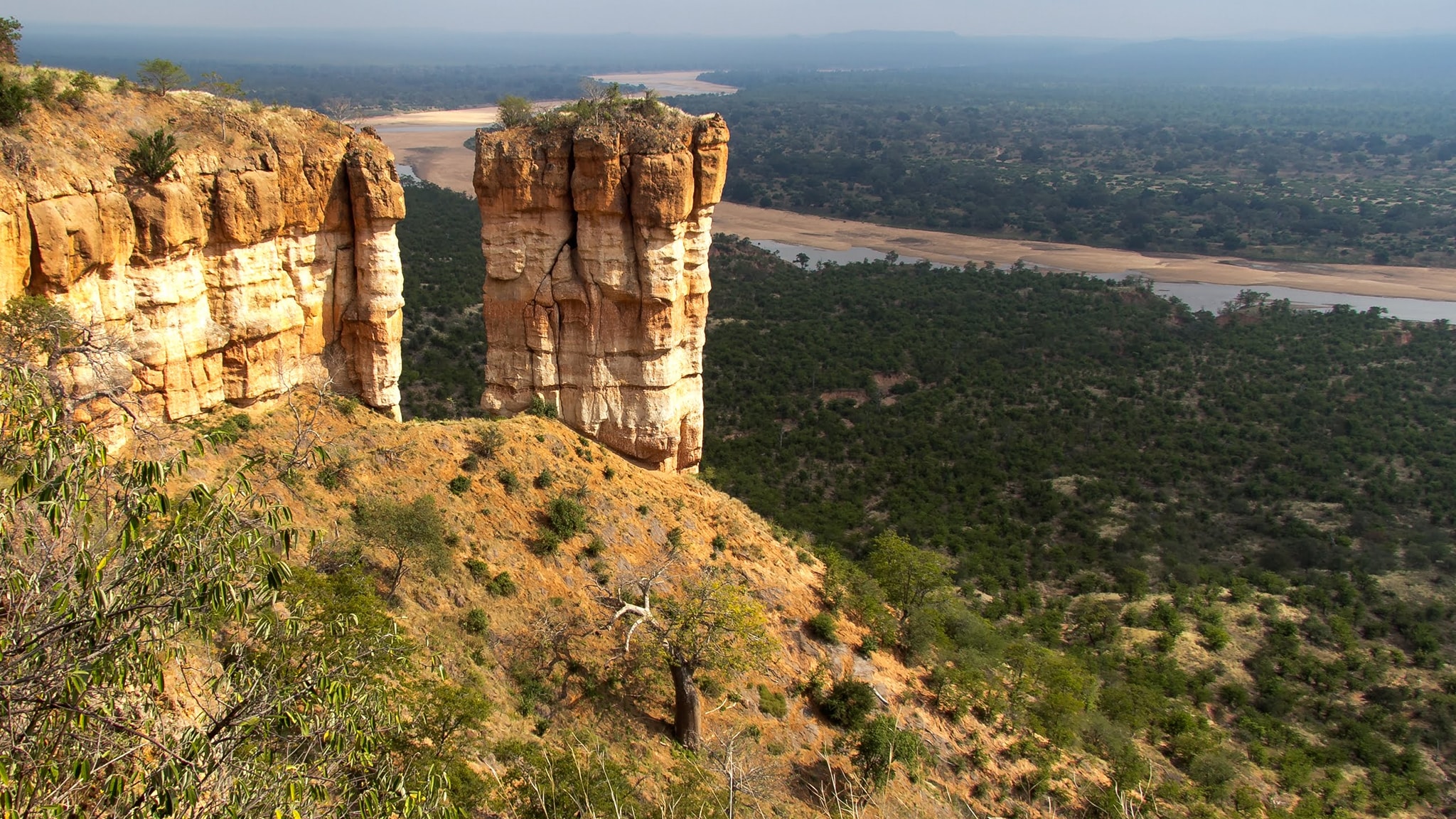
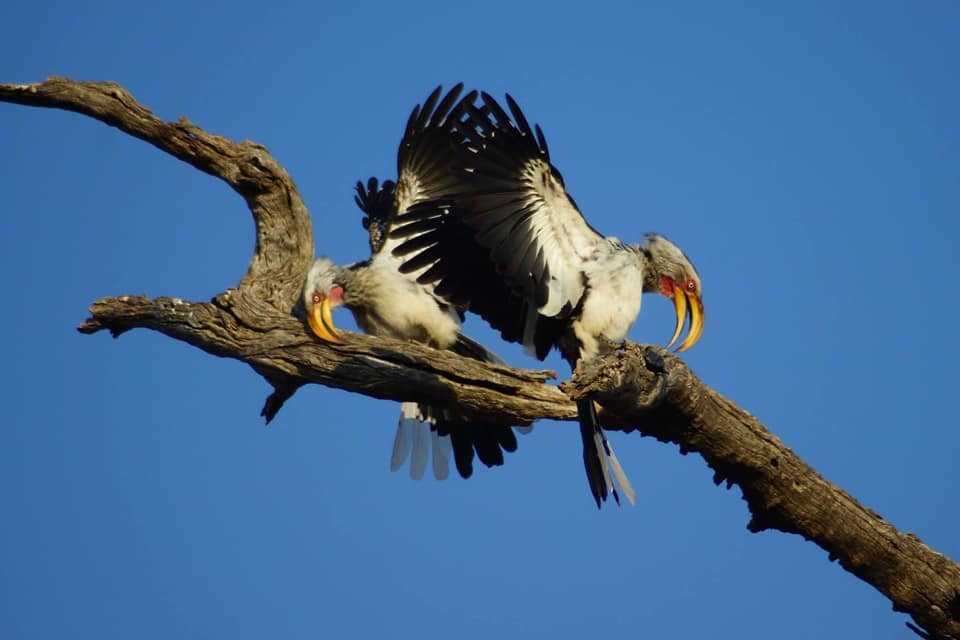
Your go-to tools
It should come as no surprise that the tool you use most on your overlanding trips is your GPS with T4A maps. After all, how else are you meant to find all these wonderful places? The runner-up position was hotly contested between a Leatherman and a braai grid/tongs.
Lesson learnt: Get there (wherever there is) and make sure you can braai.
Interesting roads
What makes for a bad stretch of road? It could be corrugations that make you feel as if your teeth are about to shake loose. Or potholes so big, “you need T4A to find your way out”, as Gregory Brand explains. Between the two, it’s a tough call. Then we’re not even talking about speeding trucks, animals by the side of the road or ongoing construction. But even a road full of dongas can become a trip highlight. At least that was the case for Terrence Andrew, who found a stretch of road off the T2 towards the Zambian/Malawi border to be hours of uninterrupted technical driving. “This was serious fun, and I would do it again in a flash.” As Louis Broodryk of Fearless on Four Wheels reminds us, “There are no bad roads, only interesting roads.”
Lesson learnt: Set your GPS – and your expectations.
Also read: How to drive Africa’s difficult roads
Campsite rituals
The majority of T4A travellers agree: the first step to setting up camp is opening a cold one. Perhaps this is why a bottle opener attached to the roof rack rates as a life-changing overlanding accessory. And why you are so passionate about your fridges and freezers. But after being caught out a couple of times with the sun down and the tent not yet up, Gregory Brand has set his own rule: the chairs don’t come out until the beds are made. One solution is a rooftop tent that opens quickly and easily – no wonder you rated this solution among your top overlanding acquisitions.
Lesson learnt: Always have a chilled drink to hand.
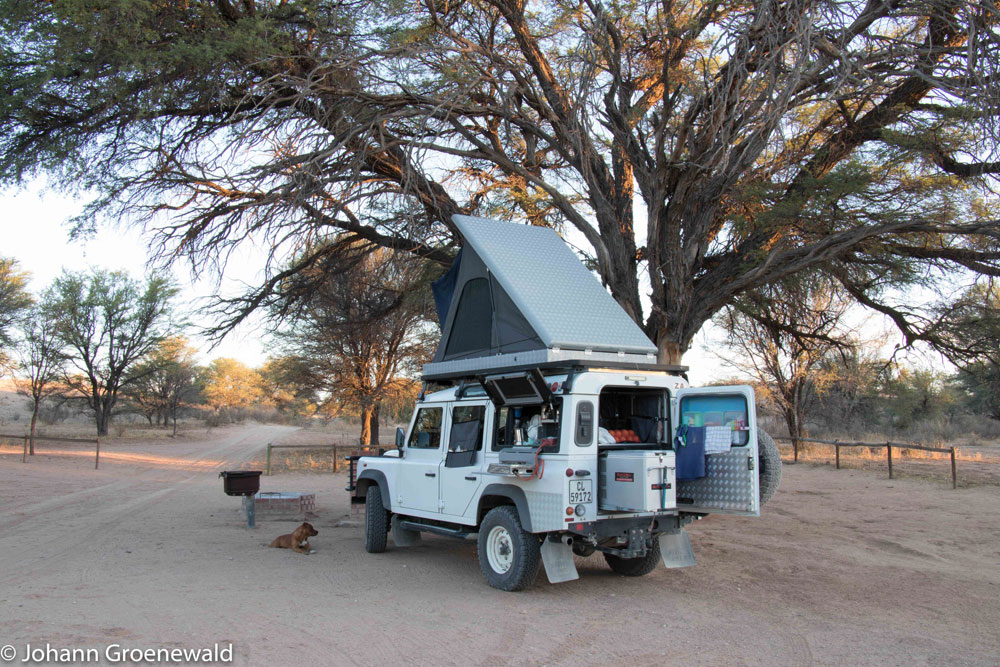
Also read: Rooftop tents vs ground tents
Finders keepers, losers weepers
When ships jettison goods and they wash up on shore, beachcombers can lay claim to them. But what about abandoned goods miles from the coastline? According to T4A travellers, they are fair game. Among your favourite souvenirs were things that others had discarded or lost: from a mud-encrusted headlamp to a bedroll found in the middle of nowhere.
Lesson learnt: Strap down your belongings.
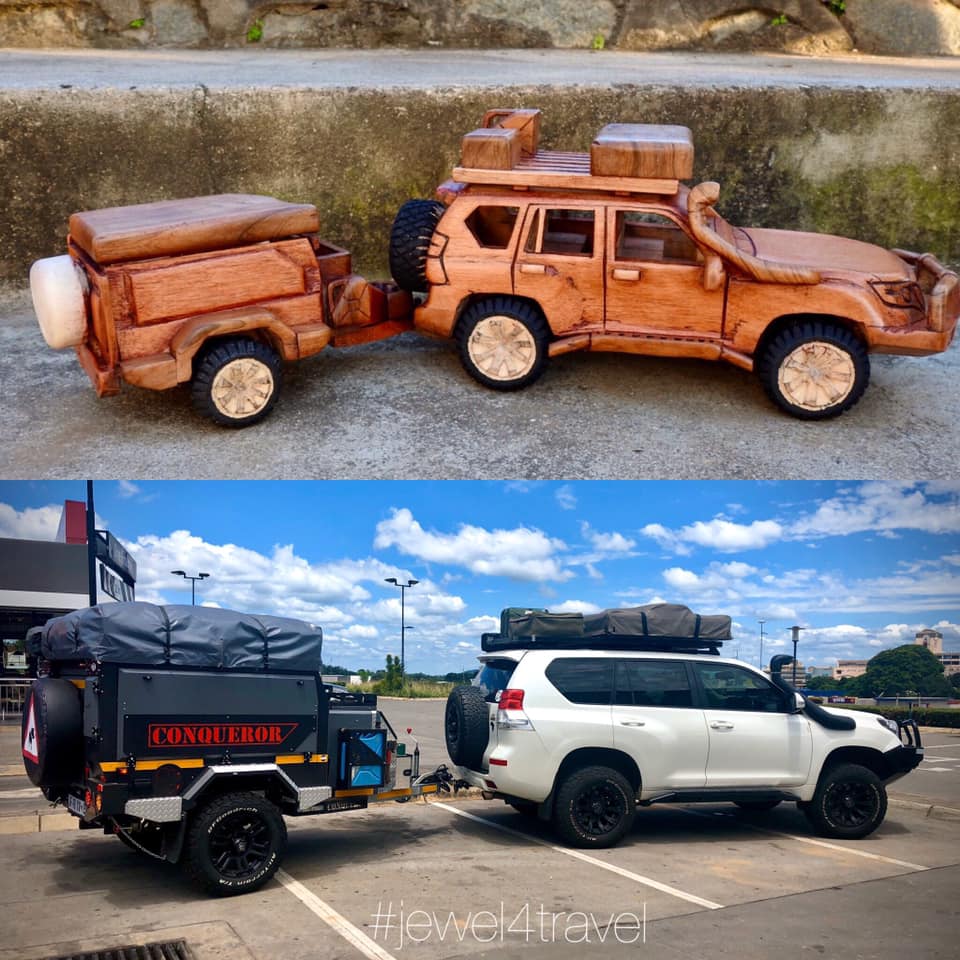
Slow travel
When it comes to advice for a first-time overlander, you all agree: take it slow. Yes, it’s important to know the technical stuff, like how to get out when you’re stuck in sand. And it’s useful to always fill up when you have the chance – on this, Afke Timmermans, speaks from experience. But what really matters is that you take your time and enjoy it. As Sara Inkinen says, “Don’t rush to go and see too many places. Just sit back in your camp chair and enjoy the moment.”
Lesson learnt: Stop and smell the flowers.
Your quiet place
One of the magical things about overlanding Africa is that you can still find places to be alone with your thoughts. Places where you won’t hear man-made noise. Places so quiet you might find yourself whispering involuntarily. Places like the Makgadikgadi Salt Pans of Botswana, where on a still, moonless night, the “millions of sparkling stars overhead seem to sing”, as Dan Chang puts it. Although these months of pandemic limbo have been stressful and exhausting, looking back on our trips has been a great antidote. Thank you for sharing your memories with us and for inspiring future adventures.
Lesson learnt: “Wherever you go becomes a part of you somehow” – Anita Desai.
